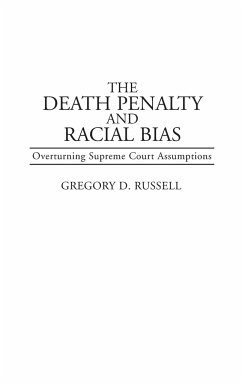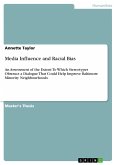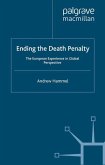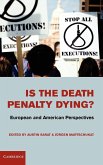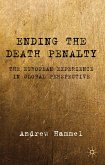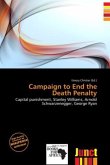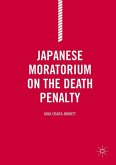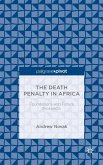Russell tests the U.S. Supreme Court's assumption that the procedure used to select jurors who impose the death penalty does not inject racial bias into the jury. In Georgia, those who supported the death penalty and were placed on juries were more likely to sentence black defendants to death. Further, those who supported the death penalty tend to hold attitudes that are linked to racial bias and act as surrogate measures for racial bias. He also finds no support in his analysis for the results of other research that indicate that death penalty jurors are conviction prone. Although earlier empirical evidence has suggested a consistent pattern of race-related differential sentencing, Russell's study is the first to demonstrate that the death qualification tends to eliminate moderate attitudes and concentrate racial bias in death penalty juries. The Death Penalty and Racial Bias suggests a clear direction for future policy research into the neutrality of death-qualified juries.

